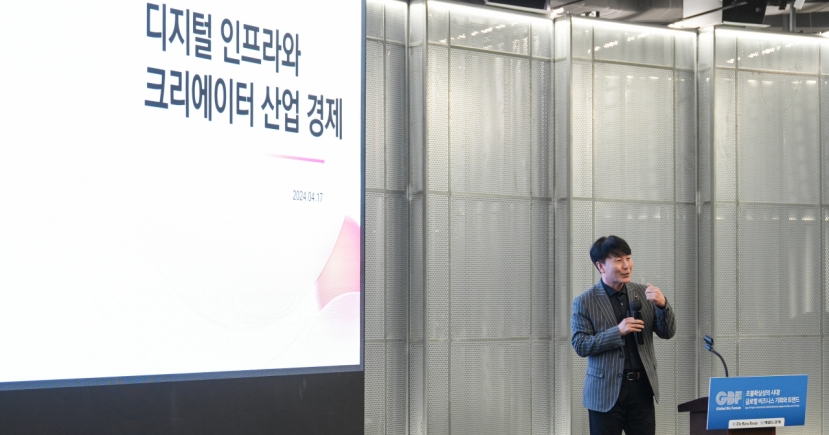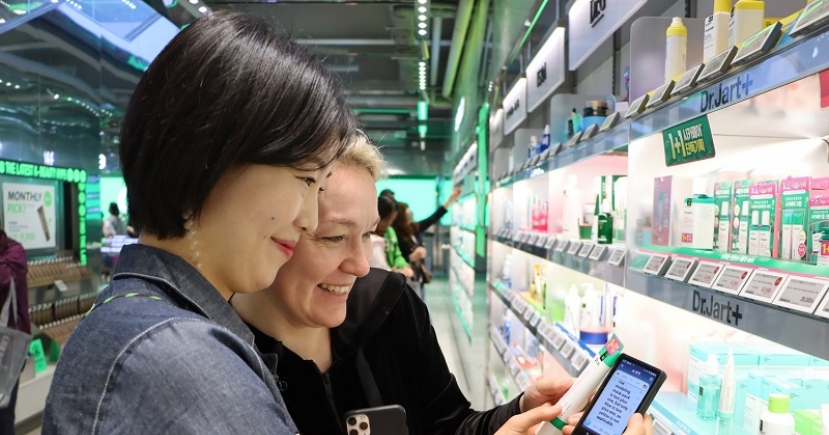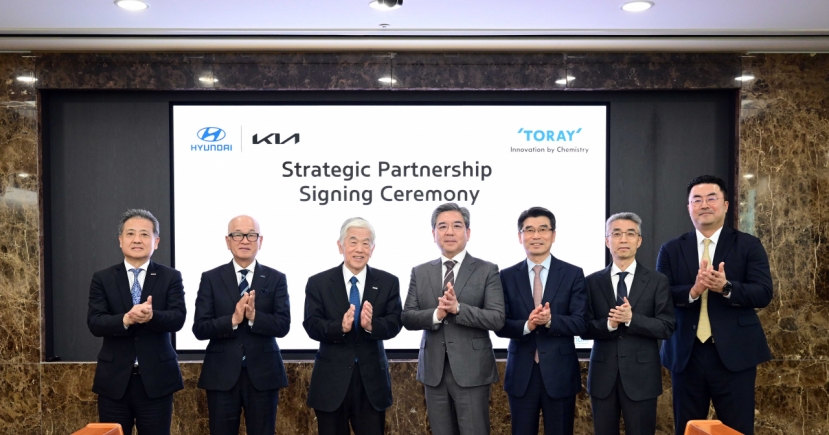Economy
Robert Walters Korea head offers tips for job seekers in startups
Duncan Harrison, country manager of Robert Walters Korea, the Seoul branch of the London-based recruiting firm, shared some tips for job seekers who are hoping to enter the startup industry.
The job recruitment company entered the Korean market in 2010 and has been focusing on matching Korean bilingual candidates to multinational companies operating here. It mainly has been helping to find a job for those who have four years of experience up to upper-level management. It also has some experience of matching candidates with domestic and foreign startups.
"Tech startups look for agile employees who can decide their responsibilities and perform their duties, as they will not need much guidance like in big companies,” Harrison said during an interview with The Investor.
He also added that it is important for candidates to look through the startups’ financial condition before applying for the job.
 |
Duncan Harrison, country manager of Robert Walters Korea |
“Look at whether the company’s investments are coming from different sources or is it relying on just one big investor. We say that latter can be riskier because they can pull the plug,” Harrison said.
He also noted some tips for startup CEOs, who are hoping to recruit qualified employees here.
“The mistakes we see is that when CEOs get an HR manager, everything gets outsourced,” he said, adding that it is important for even startups that have scaledup, to be involved in the recruiting process as much as possible.
“We had one candidate who had three job offers on the table and he chose the startup that offers the lowest salary,” he said. “We asked him why (he choose that job) and he said it was due to the time that its managing director spent with him. It showed how serious they are about their project and that they wanted to hire him.”
He also explained that top-down questions, which are often asked in interviews at conglomerates should not be asked at startup job interviews. “Top-down questions like what can you do for us and why should we hire you. You should not ask that in startup interviews. It has to be a two-way street, like this is what we can offer and what is important to you;” he added.
Harrison came to Korea in 2014. Before coming here, he worked at Robert Walters Japan for around 7 years. As an expert in both the Korean and Japanese job market, he said that the Korean market must become more open and flexible.
“It will have to change because the decline of birthrate is going to be steeper than the decline in Japan,” he said.
He elaborated further by saying that it would be helpful to attract foreign companies to create jobs here if there is no criticism of firms that hire people on a contract basis too much and the minimum wage increase is eased. “If you have to choose between investing in Korea and other countries. These are the things that they would look at,” he said. He, however, also said that he understands that there are powerful labor unions in Korea and it is very difficult for the government to make changes.
Nevertheless, he said that he is seeing some slow changes taking place in the job market. “Every year since we came to Korea, the percentage of non-Koreans that we place was only around 2 percent (for developer position). In Japan, it’s around 30. This year, we had close to 10 percent,” he said.
As the market is gradually showing some changes, he added that Robert Walters is also expanding its business here. “During the past five years, we’ve grown from five-six people to fifty,” he said.
Regarding market opinion that the growth of services like LinkedIn might hinder offline job recruiting service provider Robert Walters’ expansion, he said it is not true.
Harrison noted that as information for the job seekers increases also there are many people applying for the positions, more and more individual and corporate clients need a third party to assist them.
By Song Seung-hyun (ssh@heraldcorp.com)








